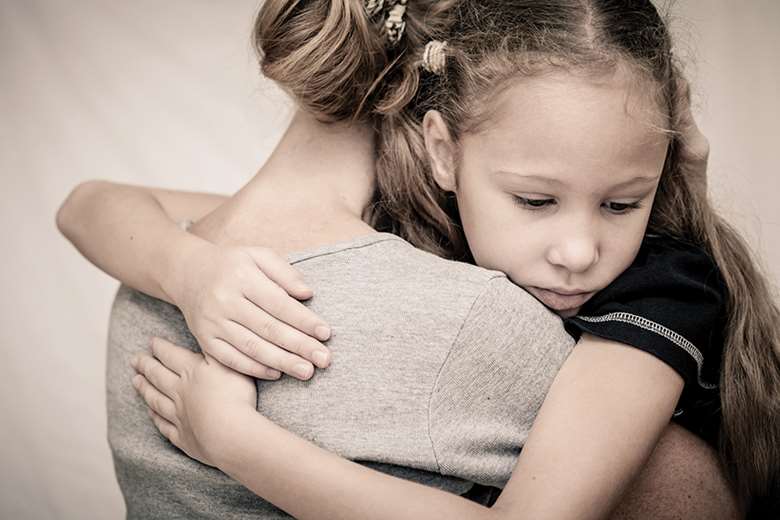Navigators help families chart way past domestic violence
Nina Jacobs
Monday, April 29, 2019
High-risk families supported by a domestic abuse navigator.

- Hard-to-engage perpetrators assigned dedicated engagement worker.
- Families working with navigators rarely need re-referral to social care.
ACTION
Doncaster Children's Services Trust has radically overhauled the way it supports children, young people and families affected by domestic abuse over the past five years.
The transformation has been mainly funded through £3.1m from the Department for Education's Children's Social Care Innovation programme, which enabled the trust to launch its Growing Futures project.
However, further change has also been achieved on a cultural level through the trust encouraging its local partners to adapt a whole-family approach to working with families.
The Growing Futures project, which marked its fourth year of taking cases in September 2018, was set up in response to a high incidence of domestic abuse in Doncaster.
Alicia Lee, the project's team manager, says the problem was being seen through high re-referral rates back into social care.
"Historically, services for domestic abuse are very victim-focused and look at safety planning and risk reduction.
"There weren't any that worked whole family so we wanted to apply a model that included victim, perpetrator and children and would potentially work with all those elements," she explains.
She says involving every family member in the service is vital for the trust to achieve its long-term aim of breaking established cycles of domestic abuse.
"We wanted to break it down in three key ways: the first, we wanted to work on breaking the pattern in relationships where there is an incident, a period of remorse, tension building and then another incident.
"Second, we wanted to break the cycle of victims having further abusive relationships and perpetrators abusing others in subsequent relationships.
"Third, we wanted to break the pattern of intergenerational abuse by doing recovery work with children around what healthy relationships look like," says Lee.
The DfE funding was used to appoint a team of four domestic abuse navigators (DANs), a new support role that works with families assessed at high risk of domestic abuse.
Lee says for families to be assigned to a DAN there also needs to be some additional complex need such as substance misuse, mental health or learning difficulties as well as identified concerns for the children.
She says DANs have been recruited from a range of backgrounds including counselling and family therapy.
Risk assessments are carried out continually for these families and in most cases the same DAN will work with the victim, perpetrator and children.
However, Lee says in certain circumstances such as where victims may have separated from their partners the whole-family approach may not be effective.
The service offers a perpetrator engagement worker to help find appropriate support for hard-to-engage individuals.
"It may be to engage them with mental health services or with a social worker if their relationship has broken down. Or to get them to see that in terms of the role of social care this is about the impact on the children," explains Lee.
She says often perpetrators disclose that issues such as loss, abuse or neglect in their own childhood have not been addressed. "We need to address those before we can tackle the domestic abuse," says Lee.
The team delivers work around safety, education and recovery - sequenced in that order of priority - as well as helping non-abusive parents to deal with the effects of domestic abuse.
"Children need their experiences validated by the non-abusive parent but they carry a lot of guilt and shame for the exposure to domestic abuse so we have to work very carefully with these parents so they can hear their own children's experiences," says Lee.
Jayne Grice, the trust's head of service, says plans to expand the team, funded until March 2020, are not likely at the moment but DANs are involved in the delivery of a number of new groups which support medium risk families.
"We're constantly reviewing in terms of evidence the impact that this way of working in a bespoke team is having on children and families," says Grice.
IMPACT
The re-referral rate back into social care, a national measure across all local authorities, fluctuates from 26 to 33 per cent for Doncaster.
Lee says the current figure, which only covers the previous 12 months, is 28 per cent but where a DAN has been involved the re-referral rate drops to 0.2 per cent.
"We can't say for definite that's the kind of impact we are having but on face value it does look extremely encouraging," she says.




